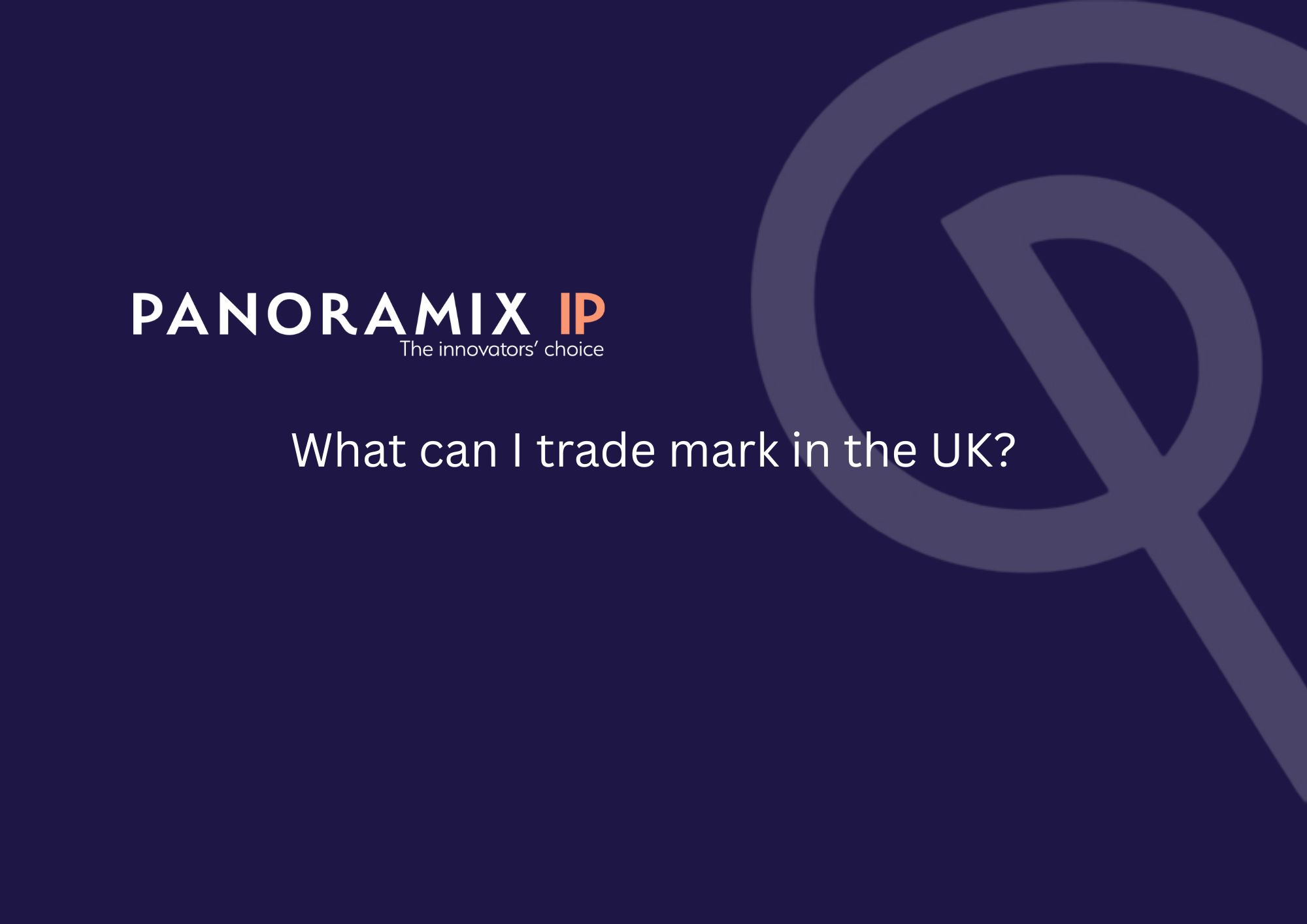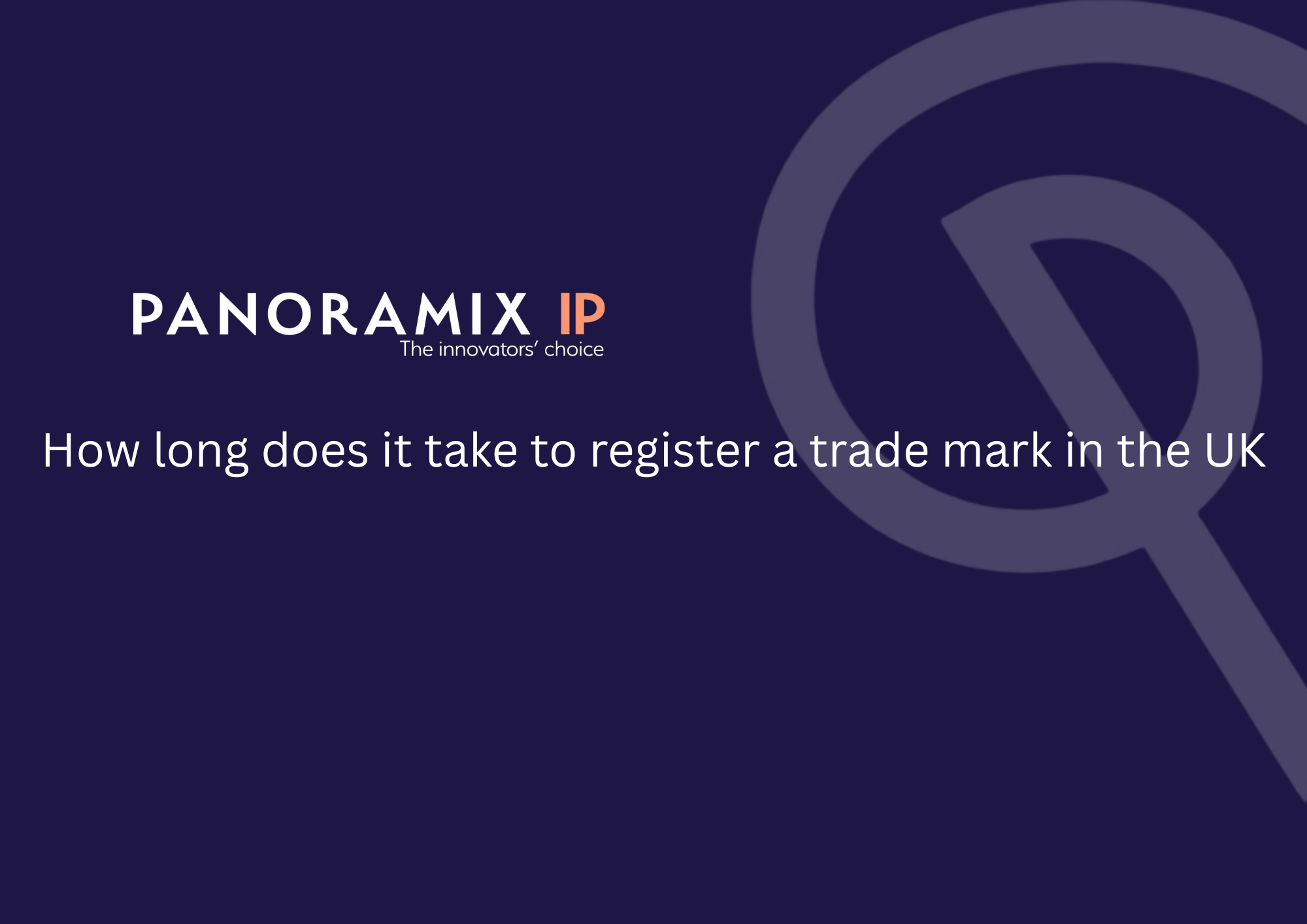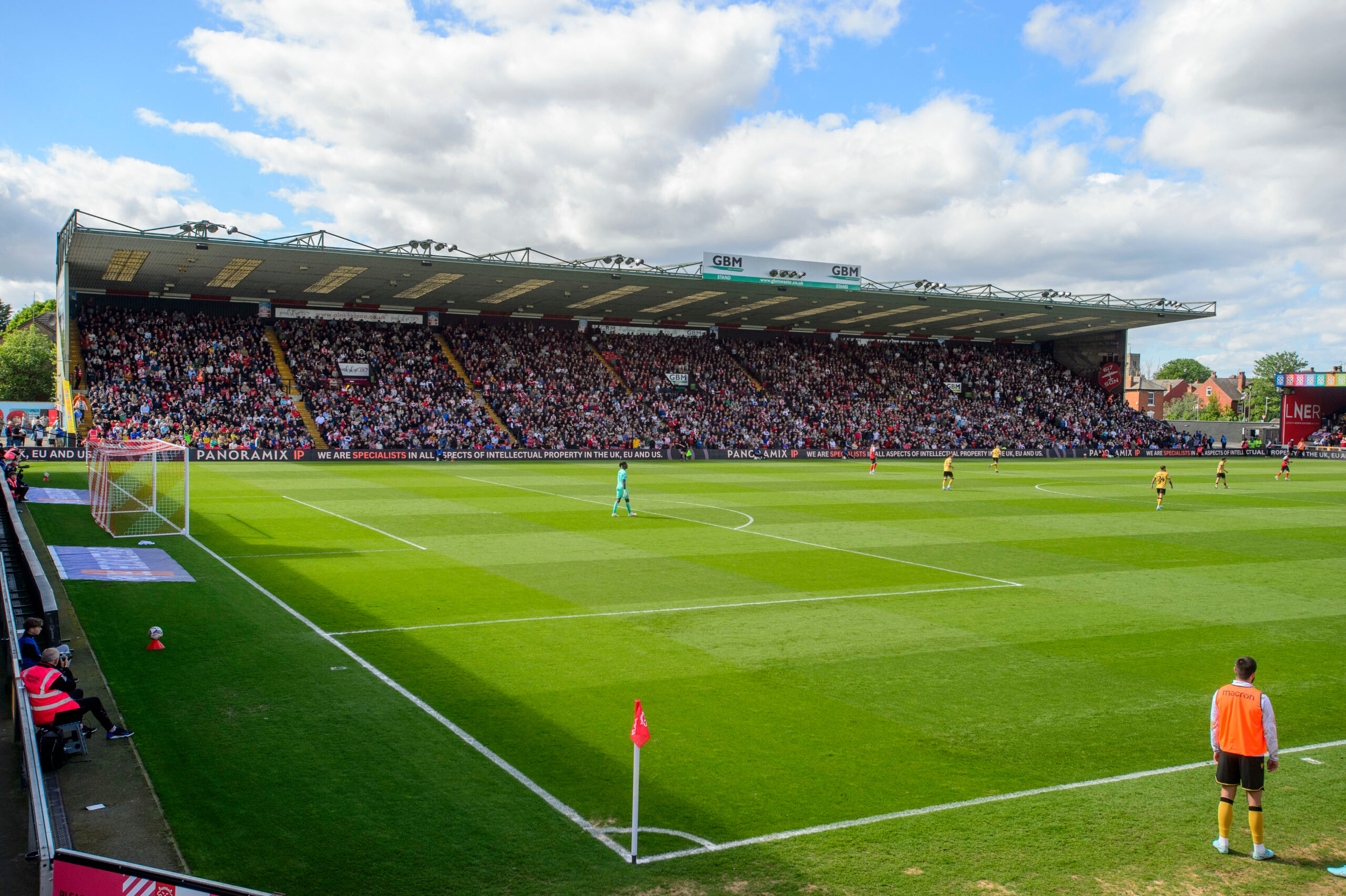The UK Intellectual Property Office (UKIPO) has announced a significant update to its official fee structure, with fees for patents, trade marks and designs set to increase by an average of around 25% from 1 April 2026, subject to parliamentary approval.
As the first major fee rise in many years — with trade mark fees unchanged since 1998, design fees since 2016 and patent fees since 2018 — these changes will directly affect how businesses plan, prioritise and budget for intellectual property protection.
For many organisations, the increases highlight the growing importance of a well-considered IP strategy, where decisions about what to protect, when to file and how to manage portfolios are aligned closely with commercial goals.
Why the Fee Increases Are Happening
The UKIPO has absorbed rising operational costs for years by improving internal efficiencies and investing in digital services. However, with inflation rising by approximately 32% since 2016, the Office has concluded that a fee reset is necessary to maintain high-quality services.
What Will Change — Key Examples
Though the full fee schedule will be published in detail by the UKIPO early in 2026, some notable changes already highlighted include:
Patent fees:
- Patent online search fee rising from £150 to £200
- Substantive examination online fees increasing from £100 to £130
- Significant increases in renewal fees across patent terms, especially in later years
Trade Marks:
- Online application fee increasing from £170 to £205
- Renewal fee rising from £200 to £245
- Fees for oppositions and invalidations increasing by around 20–25%
Registered Designs:
- Simple online design applications rising from around £50 to £60
- Multi-design applications similarly increasing across the bands
While these changes might initially seem steep, even the revised UKIPO fees are still competitive with many other global offices — meaning the UK remains an attractive jurisdiction for securing IP protection.
Why Acting Early Can Reduce Costs and Strengthen Your IP Strategy
With the current fee structure remaining in place until 31 March 2026, innovators and rights holders have a valuable opportunity to file applications or manage renewals in advance, securing lower official fees.
Acting early not only helps control costs but also allows businesses to take a more proactive IP strategy, aligning filing decisions with commercial priorities before the higher fees come into effect. For example:
- Trade mark and design renewals (which can be filed up to 6 months before expiry) may be submitted at current rates if filed by 31 March 2026.
- Patent renewals (available up to 3 months in advance) may similarly be accelerated where appropriate.
Early planning and accurate forecasting of your IP filing calendar can substantially reduce official costs — and it’s one area where professional guidance makes a real difference.
Why Professional Representation Still Matters — Especially with Fee Changes
With higher official fees on the horizon, many businesses will naturally seek ways to manage costs, but attempting to navigate filings and deadlines alone can be risky. Here’s how Panoramix adds value in this evolving landscape:
1. Strategic Cost-Optimised Filing and Renewal Planning
Panoramix helps clients identify the best timing for filing or renewing rights to avoid unnecessary increases. This is especially important when there are opportunities to file before fee hikes take effect. Careful portfolio management and early renewal assessment can save significant sums in official fees.
2. Expertise in Complex Filings Reduces Errors and Delays
Official fee structures often come with procedural conditions that, if overlooked, can lead to additional costs or lost rights. Panoramix’s experienced solicitors and attorneys ensure applications are correct, complete, and optimised to avoid rejections, extensions, or repeat filings, which can be costly both in fees and time.
3. Tailored Advice for International and Multi-Jurisdiction Strategies
Many businesses use UK filings strategically. For example, as priority filings under the Paris Convention before global expansion. Increasing UKIPO fees underscores the need for holistic cost planning across jurisdictions. Panoramix draws on cross-jurisdictional expertise to advise on the most cost-efficient global pathways.
4. Proactive IP Portfolio Audits and Budget Forecasting
With fee increases planned, rights holders benefit from a forward-looking audit of their IP portfolios. Panoramix offers proactive reviews to help you budget ahead, plan renewals and assess the ongoing value of each right. This ensures you invest in the rights that matter most.
5. Dedicated Support Through System Modernisation
As the UKIPO continues to enhance its systems and processes — partly funded by the forthcoming fee increases — Panoramix ensures clients are supported through any procedural changes or new digital requirements that may accompany these updates.
Final word
The UKIPO fee increases taking effect in April 2026 present a clear signal: intellectual property protection in the UK remains a strategic priority, but costs are changing. By planning ahead and partnering with experienced professionals like those at Panoramix, your business can navigate these changes efficiently, protect vital assets, and potentially mitigate the impact of higher official fees.
Now is the time to review your IP strategy — before fees go up. Panoramix is here to help you make the most of every opportunity. Contact us today for tailored advice on filing and renewal timing, cost-effective portfolio management, and building an IP strategy that supports your long-term commercial goals.

















